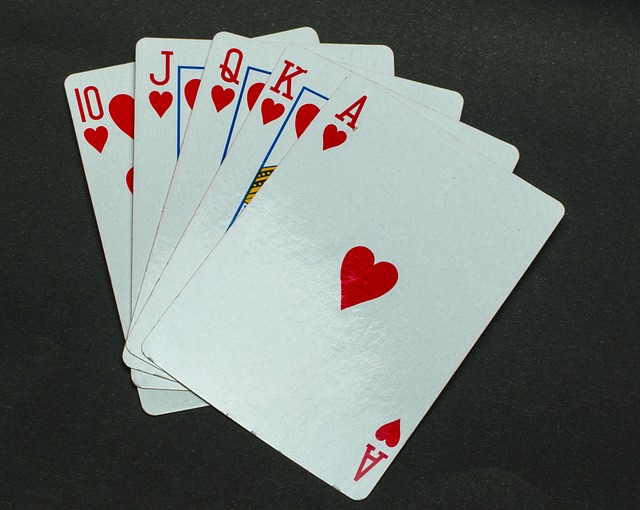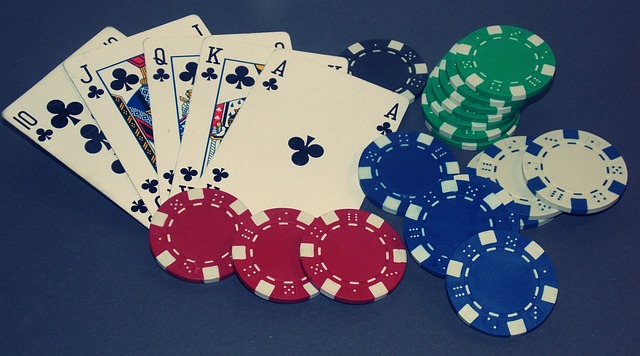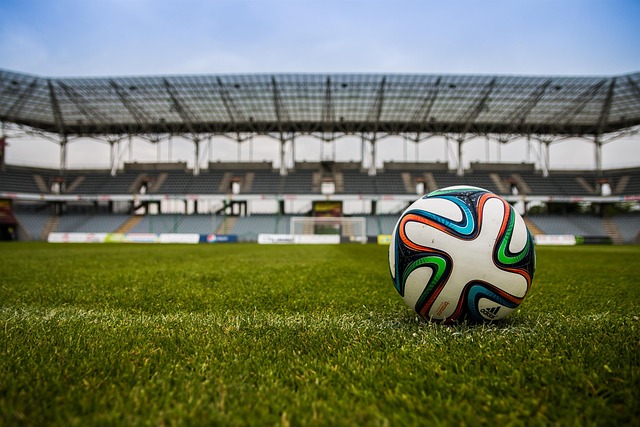One of my favourite card games is poker. It’s become a passion and a hobby and I’d like to share what I’ve learned along the way. I think it’s a game of wise people, and to get better at it, it’s important to practice and read a lot about it. Here’s a list of tips I’ve picked up here and there that have helped me to improve my game considerably.
If you have a strong hand, try to increase the tempo of your game – this will speed up the growth of your winning bank.
Yes, if you’ve got a strong hand, it’s worth raising your bets and not spending too long admiring your cards. This will make others feel they have to make quicker decisions and are more likely to call. Of course, there’s always the risk that everyone will fold in this case, but it’s usually always worth the risk. Or even if your cards are perhaps not the strongest combination, but still a strong hand, that is still worth the risk. It’s not worth hesitating too long and folding, only to discover that you could have won anyway.
If all the cards on the table are exposed and you still want to bet, you should be sure whether your bet has value or is a bluff.
Otherwise, you should not bet. You should always take into account what is on the board and what others may have in their hands. It’s not a good idea to make an unwise bet if there’s a dangerous combination on the board and you’re not sure if your hand is the strongest here. Usually, it’s the beginners who start overcalling in the last round, and this is where they get hurt. After all, there are no more new cards and all the players are betting what they have.
It’s better to bluff at the beginning of the game than at the end when all the cards are exposed.
This is also related to the previous point. At the beginning of the game, when only 1 card is exposed on the board, you can bluff more boldly, paving the way for later bluffing. When all cards are exposed, it is best to be cautious about bluffing, as the sums are highest. For example. Balanced bluffing should work best – starting quietly early in the game and then being more likely to do so later. And that the further the game goes on, the less you have to bluff. If there’s more interest in the subject, there’s a camel book written about it: Matthew Janda’s Applications of No-Limit Hold’em.
In summary – poker requires a lot from the player.

Poker is a demanding game in that all your experience and knowledge count. What counts is how well you understand human psychology and the behaviour of your opponents, and also how well you can control yourself. Poker – face is a pretty serious subject – controlling your own behaviour and your own thoughts is crucial in this game. I would also recommend reading more information elsewhere and reading interviews with professionals, you can get some good new ideas from there.
Again soon! In the meantime, have a good poker hand!

